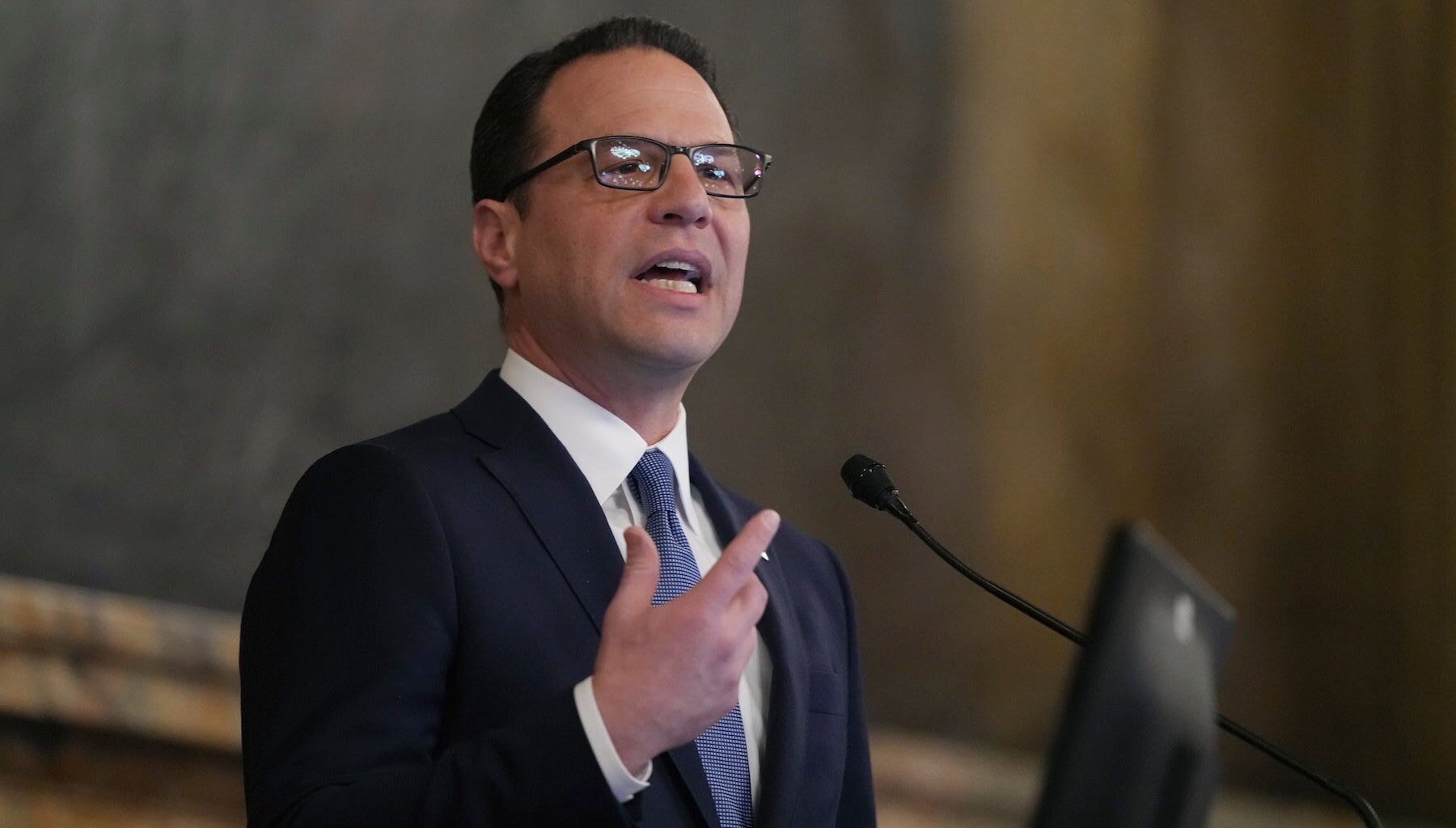Social services on the edge
Beyond the classroom, nonprofits contracted by state and local governments to provide assistance related to homelessness, mental health and other social services also expressed relief that a deal had been agreed to. However, they say the budget stalemate destabilized some of the state’s most essential services and caused long-term damage.
Dr. Jeannine L. Lisitski, CEO of Mental Health Partnerships, said her organization had to rely on an expanded line of credit to stay afloat.
“Even on our best day, the nonprofit sector is really strained,” she said. “You get to a point where your line of credit is at the end. You have to worry about whether you’re going to be able to pay staff.”
She added that while larger organizations like hers were fortunate to have credit to fall back on, many smaller groups and shelters may never fully recover — and the loss of staff poses a serious threat to their long-term stability.
“Once they’re gone, that’s it, they’re gone,” she said. “And we lose that expertise. It just destabilizes the whole entire provider community and our ability to respond to the people that need it.”
Jennifer King, executive director of the Council of Southeast Pennsylvania, said the delay threatened to derail critical recovery-support programs. Several counties informed her agency that payments could be cut by 50% — or eliminated entirely — starting this month.
“It was starting to be a time of real concern,” she said. “We had to do some real planning for when this would impact payroll.”
King said the uncertainty posed a unique threat because recovery workers are themselves in recovery.
“It’s not just that services would be paused,” she said. “Engagement and trust would be rocked … and a disruption to staff who are in recovery would’ve been really concerning.”
Lisitski said she thinks it’s unfair that service providers aren’t paid while state employees are, adding that she would like to see politicians go without pay during budget impasses as a way of motivating them to find a resolution.
“We’re definitely going to advocate that something changes for the future,” Lisitski said. “We should never have to go through this again. We’d really like Harrisburg to see the impact on people who don’t have a voice. We see the anguish in their eyes when we tell them we don’t have a place for them tonight. And I just want the legislators to see that and the [Shapiro] administration to see it and to treat it like it’s a top-level emergency.”
Lisitski also noted that the new budget reflected a “small” decrease in funding for mental health services.

